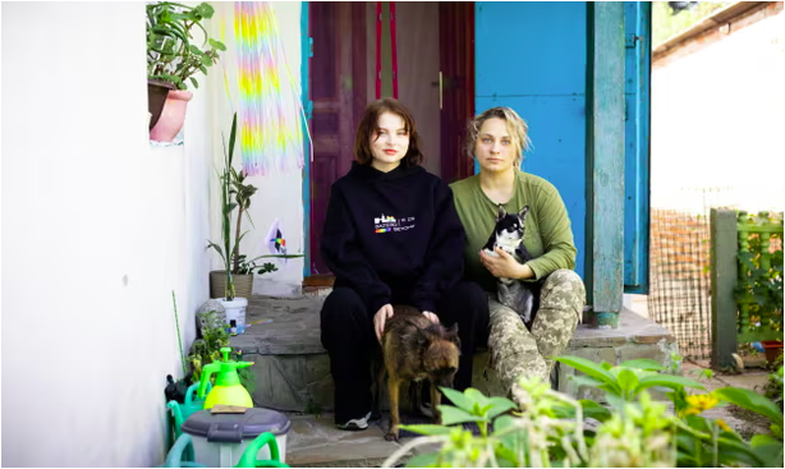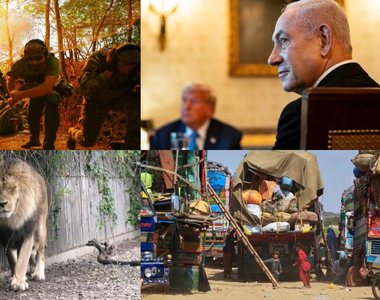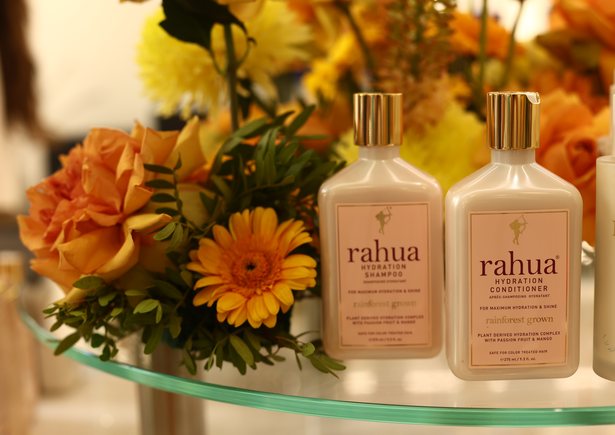
Ish-kryeministri Berisha vendoset në arrest shtëpie

Ish-lideri do të detyrohet të qëndrojë në shtëpinë e tij ndërkohë që do të hetohet për korrupsion të mundshëm.
Gjyqtarja Irena Gjoka pranoi kërkesën e prokurorëve për vendosjen e arrestit shtëpiak të 79-vjeçarit Berisha pasi ai kishte shkelur masat e mëparshme shtrënguese të paraqitjes çdo dy javë.
Benjamin Netanyahu thotë se lufta me Hamasin do të zgjasë "shumë muaj"

Kryeministri izraelit Benjamin Netanyahu është zotuar të rimarrë kontrollin e kufirit të Rripit të Gazës me Egjiptin, duke zgjeruar misionin e Izraelit për të neutralizuar Hamasin në një konflikt që ai thotë se pret të zgjasë me muaj, raporton Reuters.
Netanyahu tha se "lufta është në kulmin e saj”. “Lufta do të vazhdojë për shumë muaj derisa Hamasi të eliminohet dhe pengjet të kthehen,” tha Netanyahu në një konferencë shtypi. “Ne do të garantojmë që Gaza nuk do të përbëjë më kërcënim për Izraelin.”
Çiftet e të njëjtit seks luftojnë që bashkimet civile të legalizohen në Ukrainë

Një çift ukrainas që bën fushatë për barazinë martesore i ka bërë thirrje qeverisë së Kievit që të veprojë sipas një projektligji për bashkimin civil që do t'i jepte status ligjor lidhjeve të të njëjtit seks.
"Unë nuk e kuptoj pse, nëse ka njerëz që janë të gatshëm të sakrifikojnë jetën e tyre për vendin, për shtetin, shteti nuk mund të sigurojë që familjet e tyre të mbrohen dhe familjet e tyre të kenë mbështetje," tha Stanislava Petlytsia, një 27-vjeçare aktiviste e LGBTQI+ në Kharkiv.
“Ne e meritojmë po aq sa kushdo tjetër”, shtoi ajo.
Që kur Rusia nisi pushtimin e Ukrainës në vitin 2022, Petlytsia dhe partnerja e saj Alina Shevchenko, 32, e cila ka shërbyer në ushtri që nga viti 2016 dhe tani është kapitene, janë bërë pjesë e diskutimit për mungesën e të drejtave ligjore për personat LGBTQI+ në Ukrainë.
Lufta Rusi-Ukrainë: Kharkiv nën valën e sulmeve me dron në natën e Vitit të Ri

Të paktën gjashtë raketa goditën Kharkivin, tha të dielën guvernatori rajonal Oleh Syniehubov, duke plagosur të paktën 28 njerëz dhe duke goditur ndërtesa banimi, hotele dhe objekte mjekësore.
Më herët, zyrtarët ukrainas thanë se dy djem të moshës 14 dhe 16 vjeç dhe një këshilltar sigurie për një ekip gazetarësh gjermanë ishin në mesin e të plagosurve në Kharkiv, qyteti i dytë më i madh i Ukrainës, raportoi Reuters.







